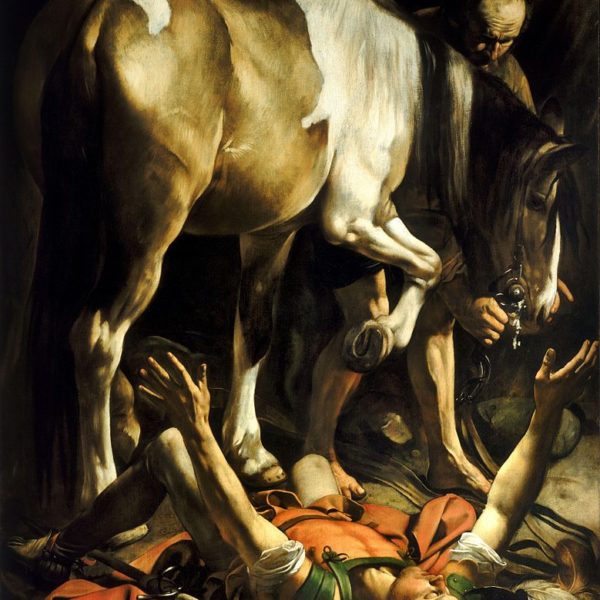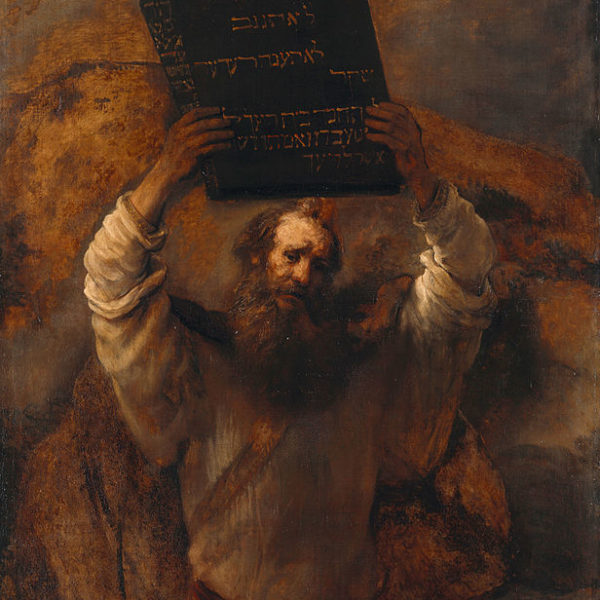
The story of the encounter of Saul of Tarsus with the risen Christ on the road to Damascus is read in a number of differing ways, readings often shaped by what the church has become for us. At our juncture in the developing history of ‘The Way’ we have the opportunity to explore a different vantage point on this story, one shorn of much of the triumphalism of past readings and tempered by our uncertain times.


